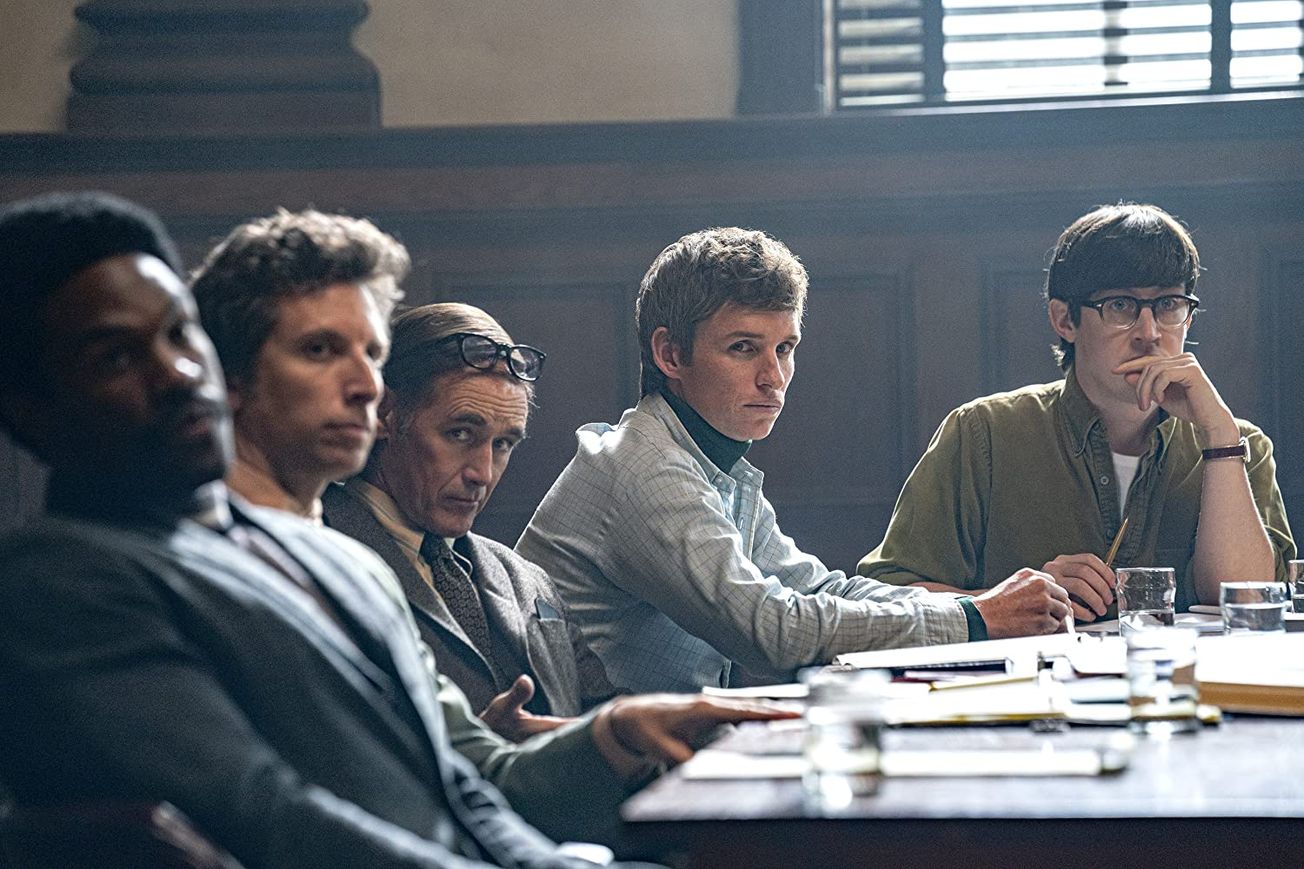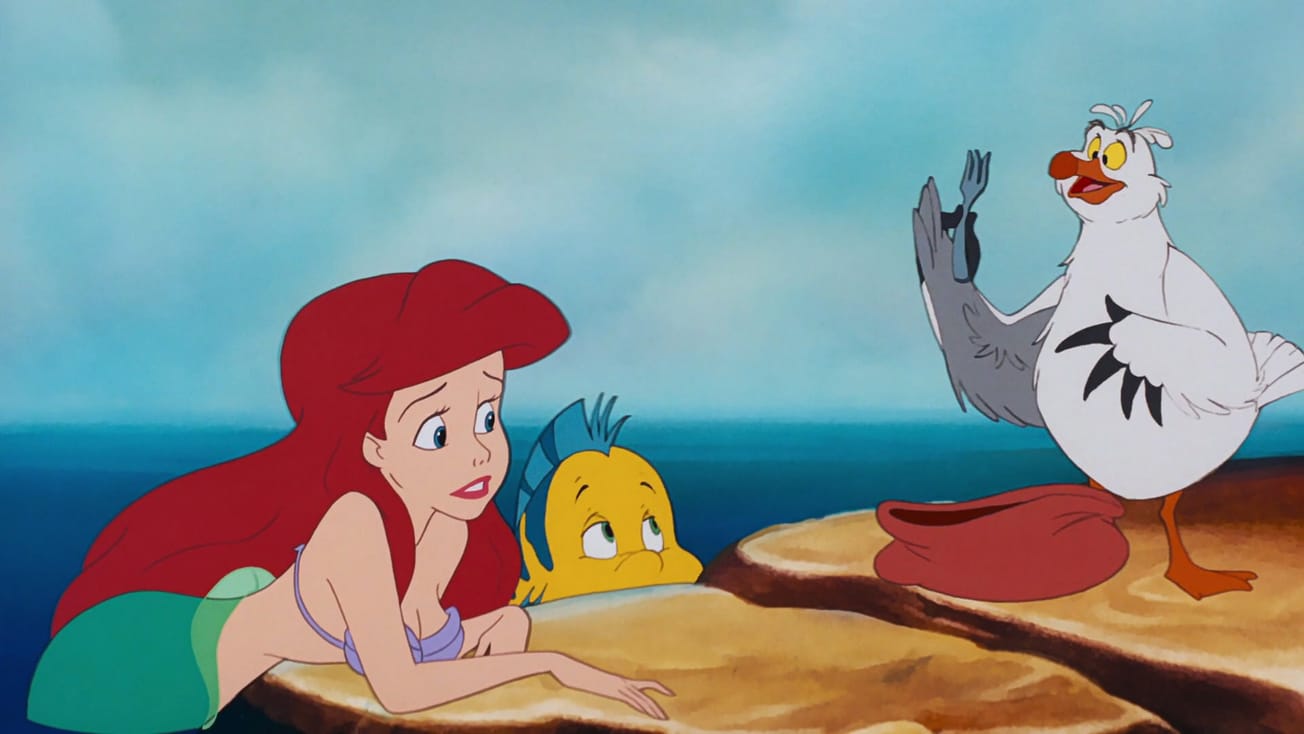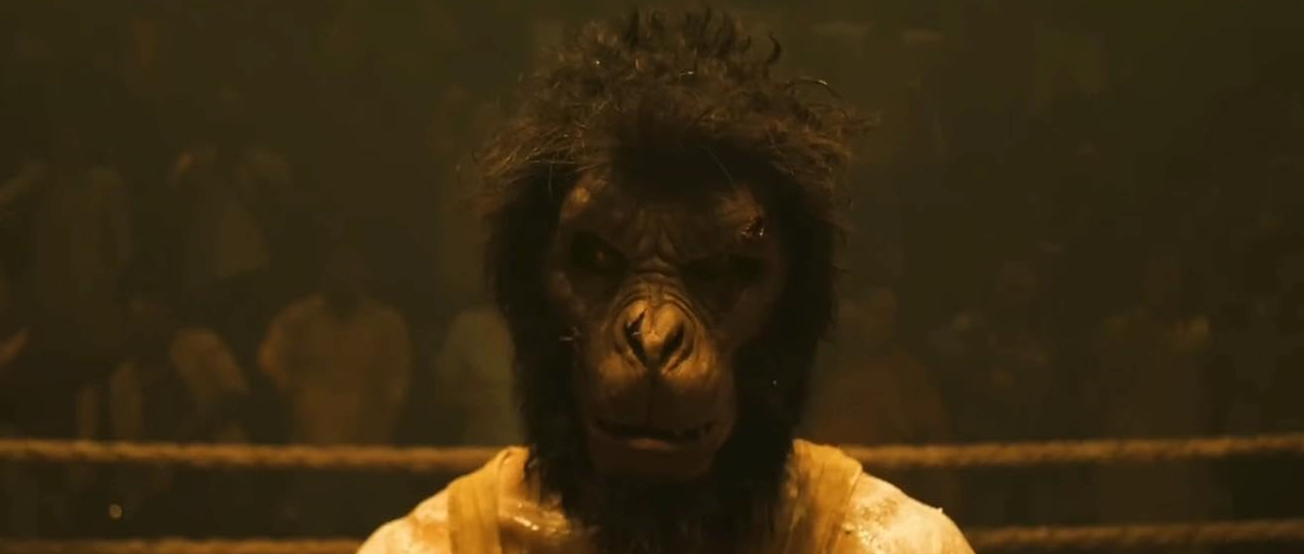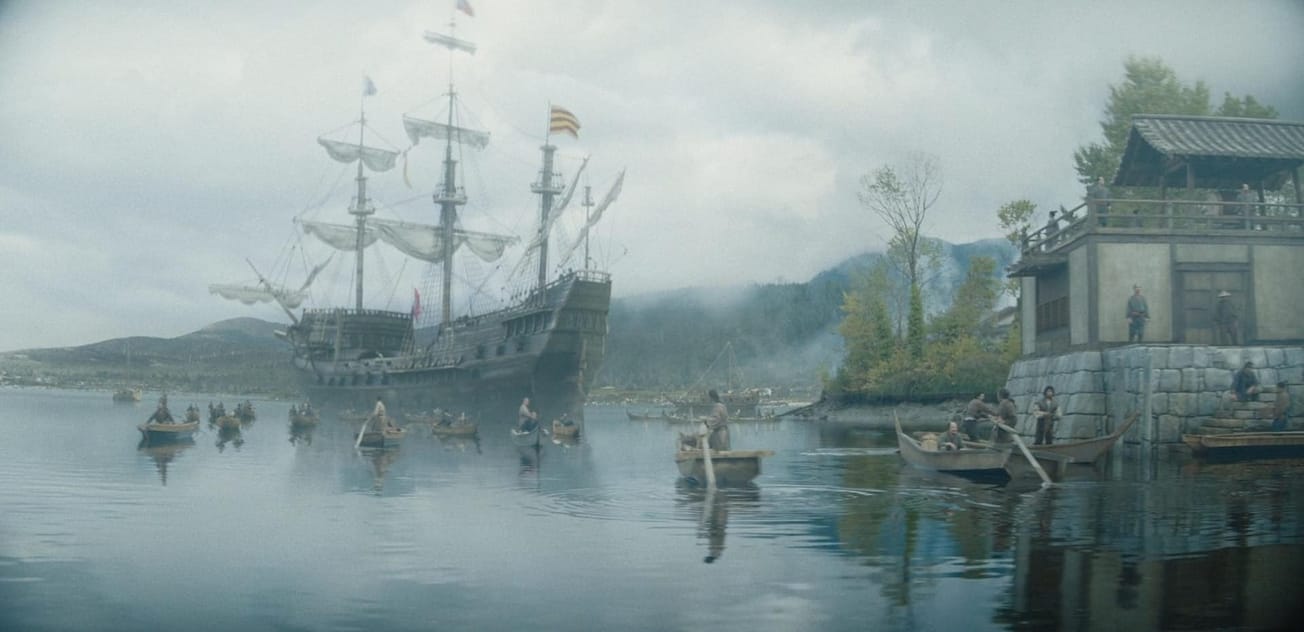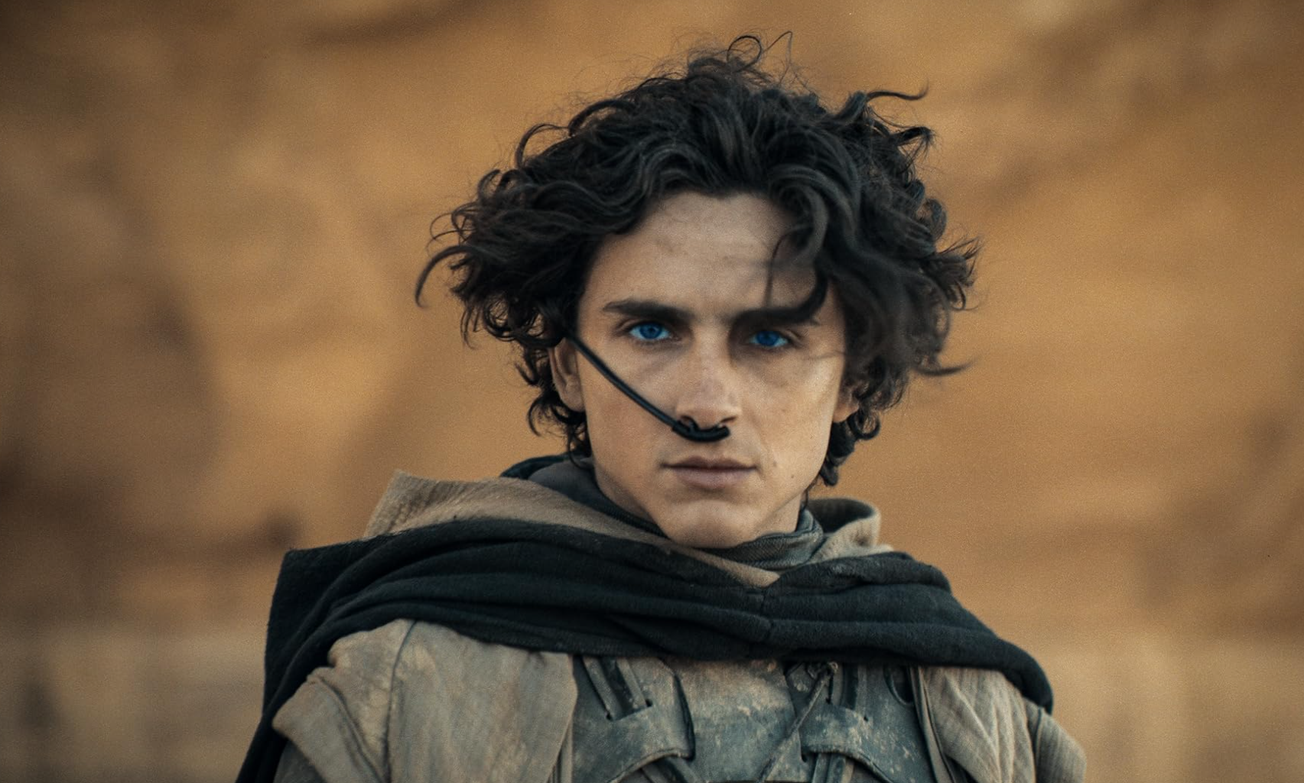By George Lanigan, Third Year, English
It seems bizarre to be talking of Oscar hype over six months before the ceremony, but this is where Hollywood finds itself, with Nomadland (2020) amassing recent film festival hype and The Trial of the Chicago 7 (2020) opening this week on Netflix. The latter has Academy Award pedigree that will surely play on the minds of voters for the April 25th ceremony.
The Trial of the Chicago 7 was originally meant for Steven Spielberg, but was shelved after the Writers Guild of America strike in 2007. Aaron Sorkin has instead taken the helm of a film that commences at a frantic pace, dropping the viewer in the heart of the anti-Vietnam war movement context.
The film charts the Chicago Seven court case. This titular seven are a group of protestors charged with inciting riots at the 1968 Democratic convention: a historic event, but with a clear contemporary relevance as the film depicts graphic violence between protestors and police, alongside the famous chant, ‘the whole world is watching!’.
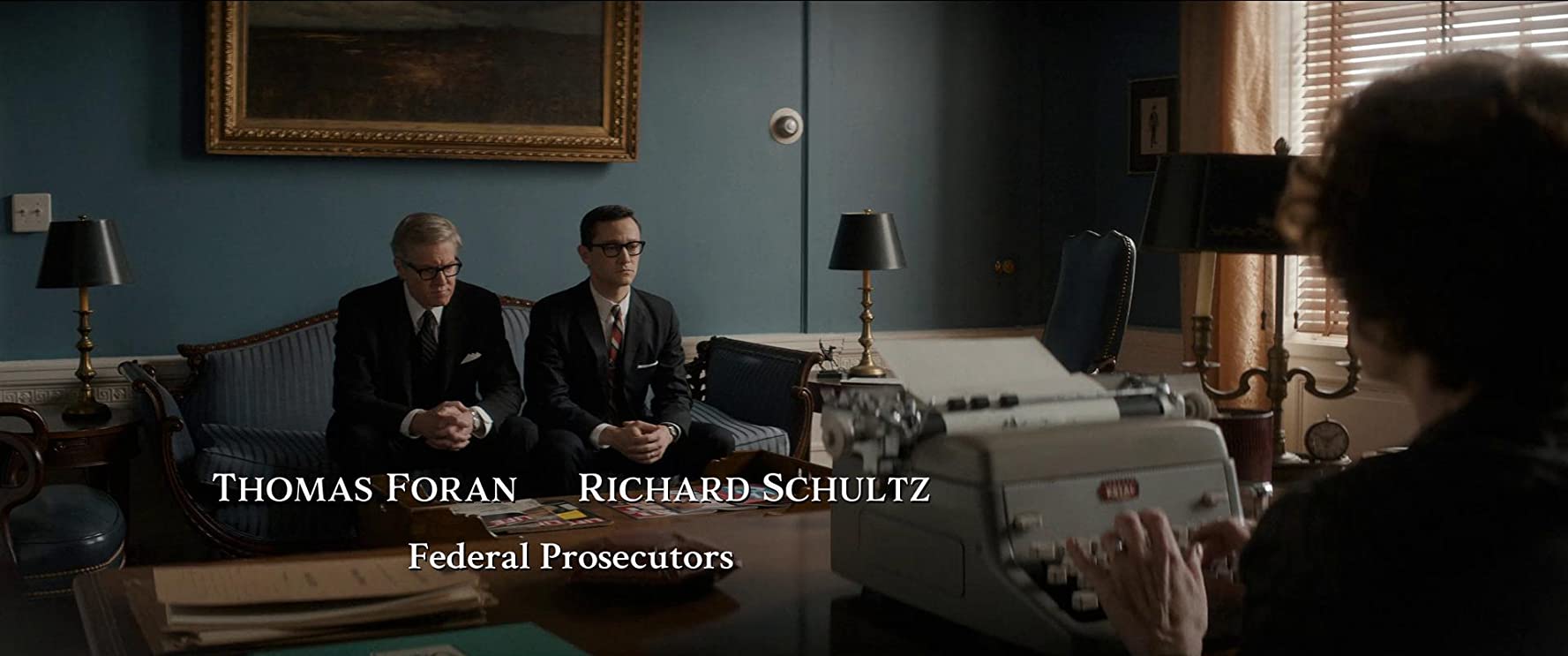
Sorkin is an exceptional screenwriter whose films include The Social Network (2010), Moneyball (2011) and Steve Jobs (2015). As writer-director, it is no surprise that The Trial of the Chicago 7 is intrinsically Sorkin and largely centred on the dialogue, from the entertaining retorts (the accused brilliantly are described as ‘rebels without a job’) to the gripping verbal conflict of the courtroom.
However, giving Sorkin the reins as director leads to the film that meanders a little, at a lengthy 130-minute running time. There is a very unsubtle moralising tone and the courtroom scenes tip into melodrama at times, with members of the public gallery, defence and prosecution persistently interrupting the rather caricatured judge (Frank Langella).
It is no surprise that The Trial of the Chicago 7 is intrinsically Sorkin
The insistence on snappy dialogue, though well-written, does detract from the historical realism. The Flower Power duo on trial become particularly gimmicky, with their comedic interjections tonally out of place in the sombre courtroom context that Sorkin constructs. This perhaps reflects his inexperience as a director, having only directed one feature film previously, Molly’s Game (2017).
The law drama is interwoven smoothly with sharp editing combining flashbacks and historical images, allowing respite from the intense referencing and cross-referencing of the court.
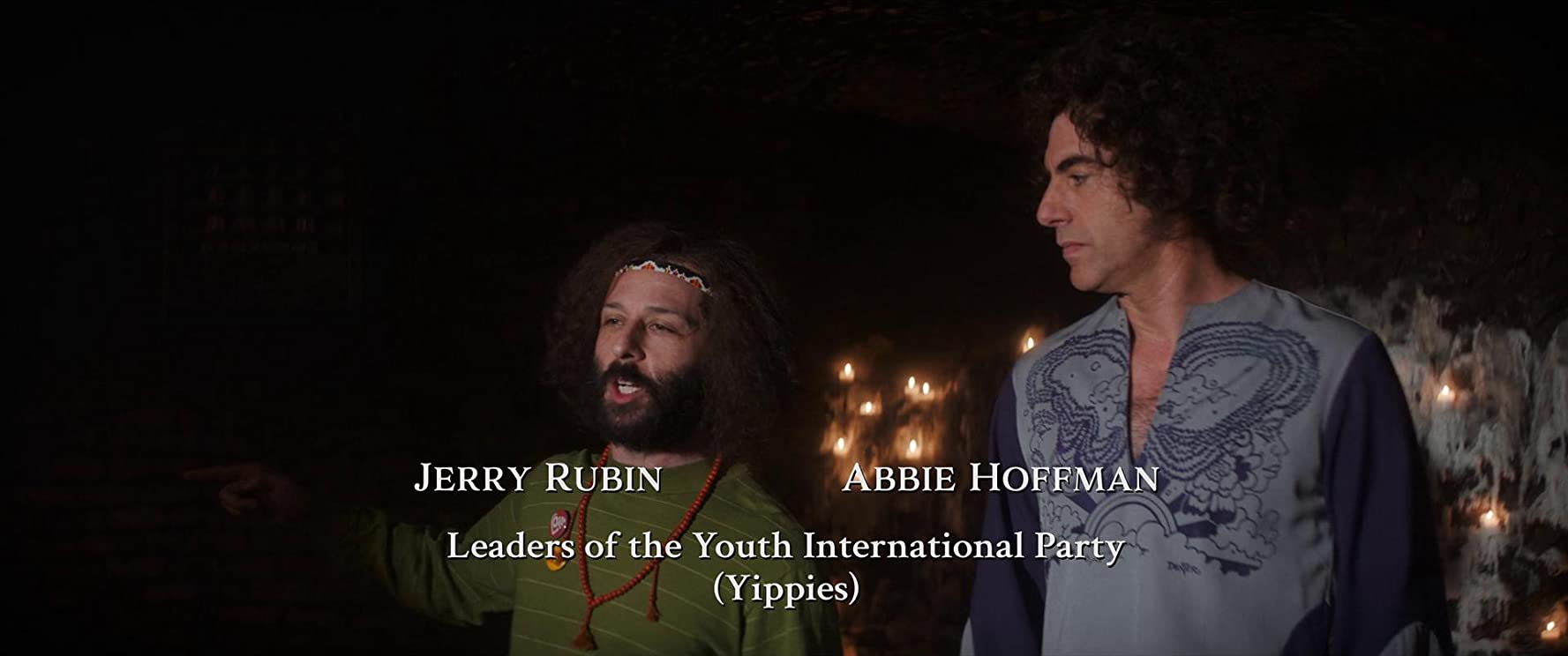
The production and costume design throughout these scenes create a valuable sense of authenticity, particularly in the scenes which place the viewer in the psychedelic world of hippie culture.
The film is well-acted, which is unsurprising given the star-studded ensemble cast to rival any film Hollywood has produced in recent years. The casting is inspired, especially Sacha Baron Cohen, who is shrewdly cast as radical Flower Power activist Abbie Hoffman, while Joseph Gordon-Levitt is perfectly suited to his role as assured prosecuting lawyer Richard Schultz.
The insistence on snappy dialogue, though well-written, does detract from the historical realism
The factions within the Chicago Seven are an interesting area that Sorkin chooses to explore, highlighting the conflict between the psychedelic, anarchic side (represented by Baron Cohen) and the idealist, more democratic side (characterised by Eddie Redmayne’s Tom Hayden).
This develops the film’s ideas beyond purely the anti-establishment set-up, allowing scope for the different forms this social revolution took, encapsulated by Hoffman’s words to Hayden: ‘we define winning differently, you and I’.
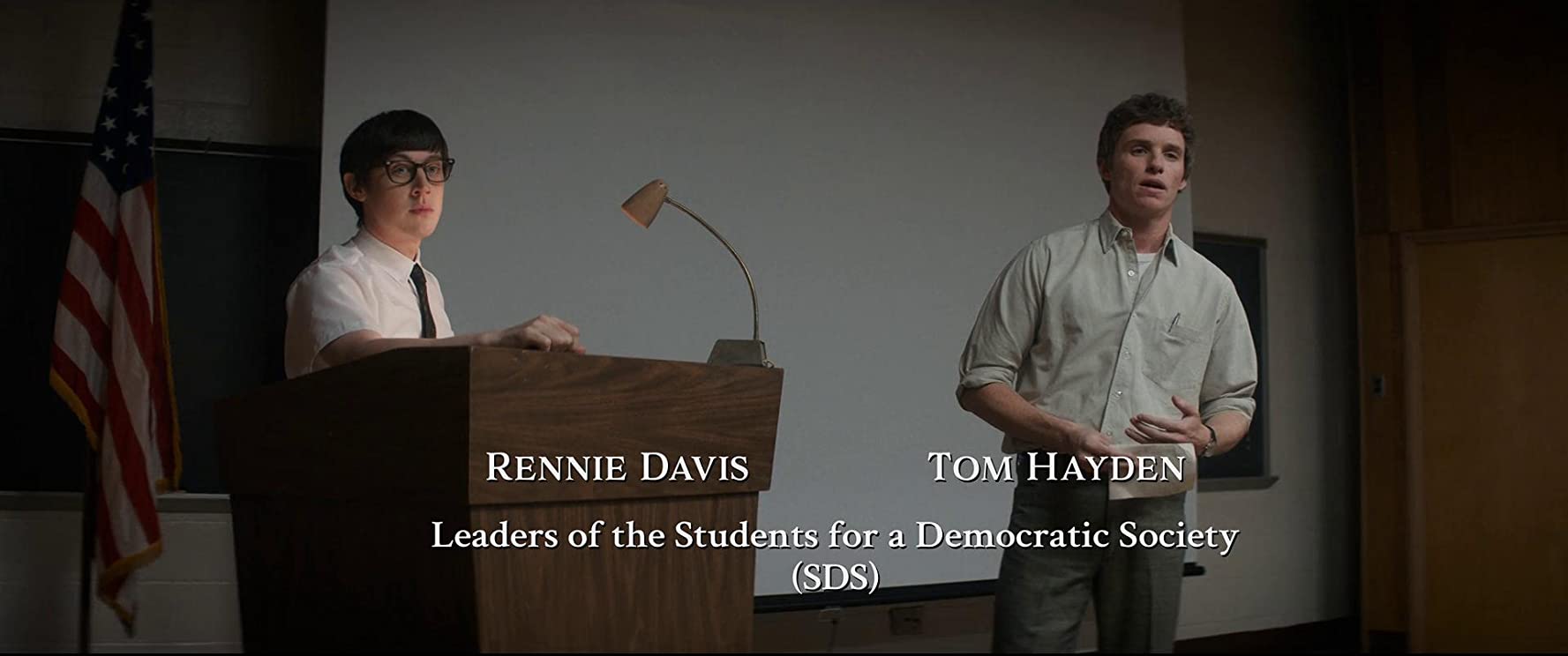
The negative side-effect of a film driven by an ensemble cast as in The Trial of the Chicago 7 is that no character is fully fleshed-out enough to evoke genuine emotion from the viewer. There is no fully developed protagonist or clear antagonist, which is by no means an issue, but here leaves the action feeling a little heartless.
The year ahead with Film Society
Rocks is a heartfelt depiction of human behaviour through a teenager’s eyes
After two hours of intense verbal combat, the ending is rather sudden but is well-handled and becomes unexpectedly moving. Overall, the film does not have a strong emotional impact, but is an engrossing re-creation of a significant and timely historical moment, leaving the viewer satisfied, if a little exhausted.
Featured: IMDb
What did you think of The Trial of the Chicago 7?

